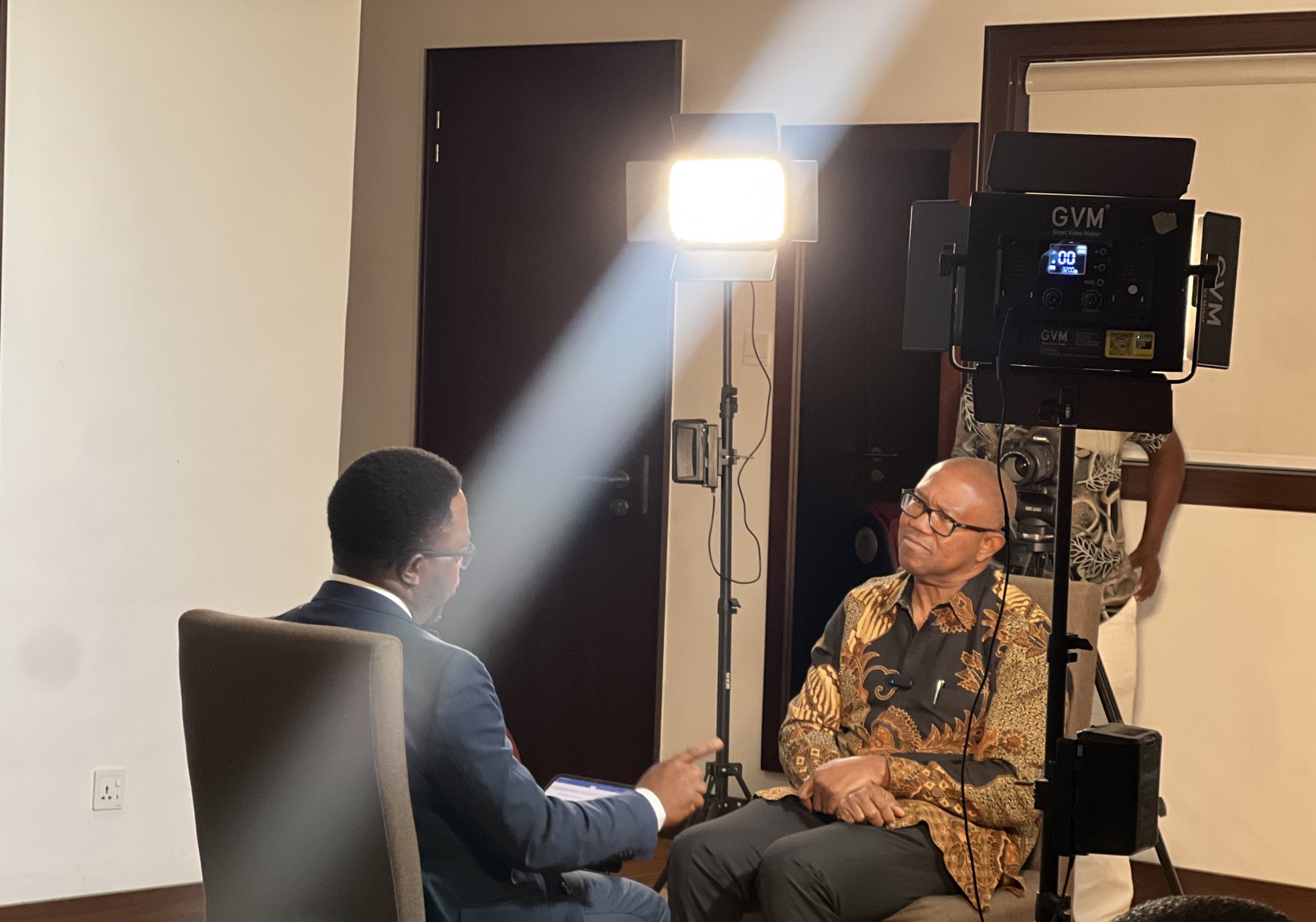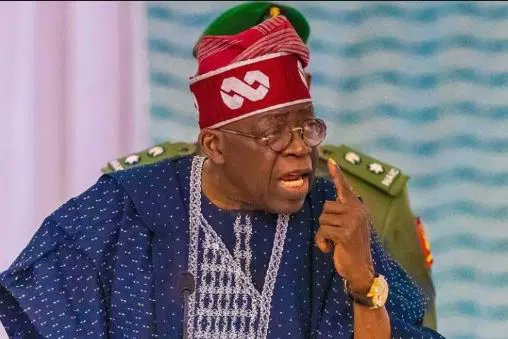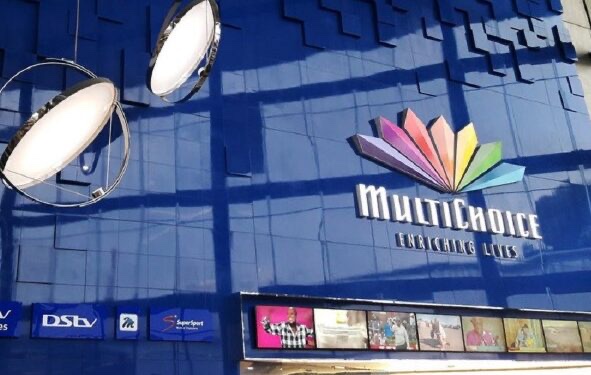
“I Never Worked for Abacha or Any Government Before Becoming Governor” — Peter Obi Clears the Air

In a firm and unambiguous declaration, former Anambra State governor and 2023 Labour Party presidential candidate, Peter Obi, has dismissed long-standing rumors suggesting he worked under the late military dictator, General Sani Abacha.
Speaking during a live interview on Channels TV’s Sunday Politics, Obi stated unequivocally:
“I have never worked for any government before I became governor. I did not work for Abacha, I have never met him. We only reported issues about the port and we were asked to decongest the ports. Everything lasted about two weeks.”
The clarification comes amid rising political heat as Nigeria inches closer to the 2027 general elections, where Obi is widely expected to run again for the presidency.
With misinformation and revisionist narratives spreading across social media, Obi took the opportunity to put the record straight and reaffirm his clean slate prior to entering public service.
According to him, the only encounter he ever had involving the Abacha regime was in the mid-1990s when he, alongside other business leaders from Lagos, approached the federal government over the chaotic congestion at Nigerian seaports.
The delegation’s engagement with the government was purely transactional, seeking solutions for stalled imports that were crippling commercial operations.
Obi emphasized that the intervention was short-lived, devoid of any political or administrative appointment.
He added that their involvement in decongesting the port was concluded within two weeks, after which there was no further government interaction.
“We were just traders trying to ensure goods could come in. That’s not the same thing as working for a government,” Obi clarified.
Political analysts believe Obi’s transparency on this issue is part of a broader strategy to insulate his image from the typical smear tactics that accompany Nigerian presidential campaigns.
As a candidate whose political rise has been largely rooted in his “clean-hands” branding and pro-reform rhetoric, any implication of ties to a dictatorship like Abacha’s could prove politically damaging—especially among Nigeria’s youth and progressive electorate.
Reactions to his statement have been swift. While supporters rallied behind him for speaking candidly, critics suggested the timing of his clarification may have been calculated to control the narrative ahead of his imminent 2027 declaration.
But beyond the politics, Obi’s words point to a larger conversation about transparency in leadership. In a nation still battling the shadows of past misrule, Nigeria’s next generation of leaders will be judged not just by their vision, but by the integrity of their origins.
As the 2027 election season draws near, Obi’s assertion that he entered governance without prior government ties may once again reinforce his appeal to voters seeking a break from Nigeria’s entrenched political establishment.
For now, Peter Obi has drawn a line in the sand — no ties to Abacha, no backdoor appointments, and no political debt owed to the past. Whether that message will hold in the coming political storm is a story that’s just beginning to unfold.
Watch the video below
Peter Obi responds to claims that he worked with Abacha government. pic.twitter.com/ihEcop7zuv
— Shegzeblog (@shegzedon) July 7, 2025

